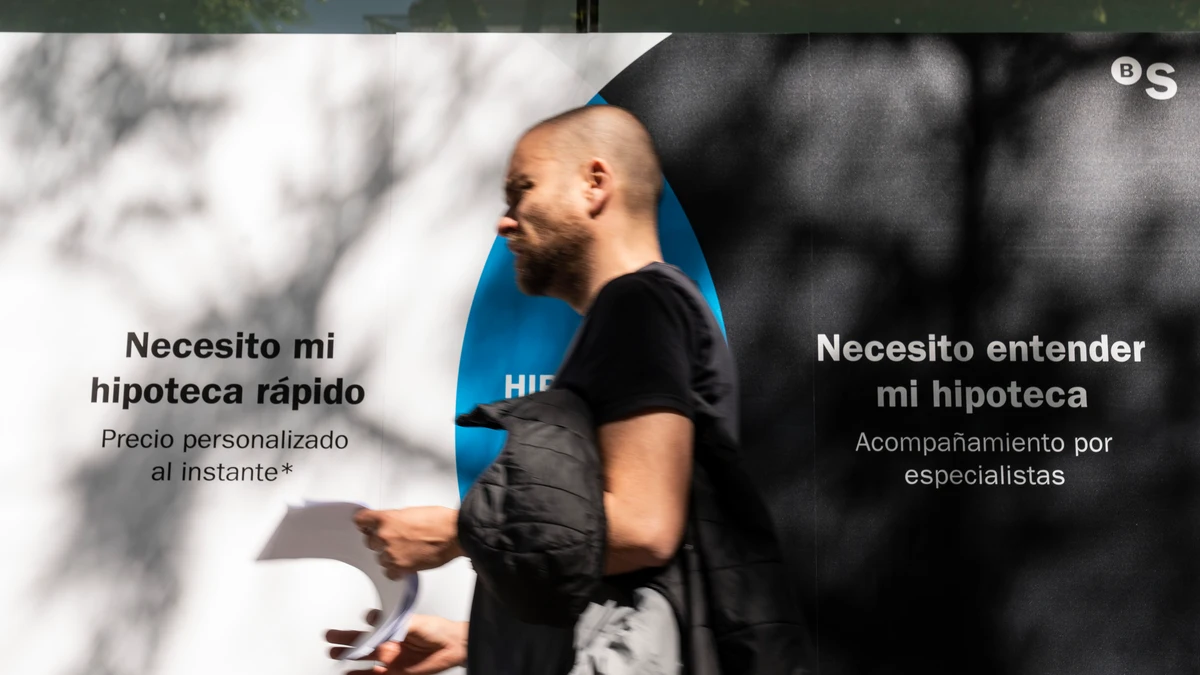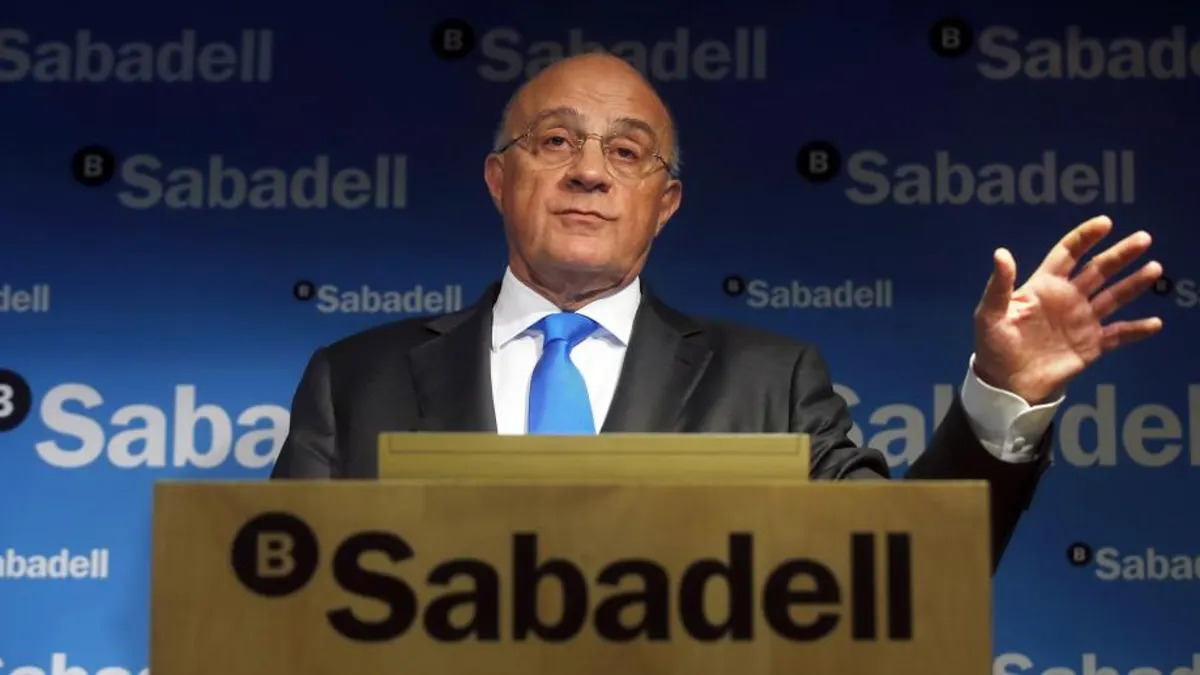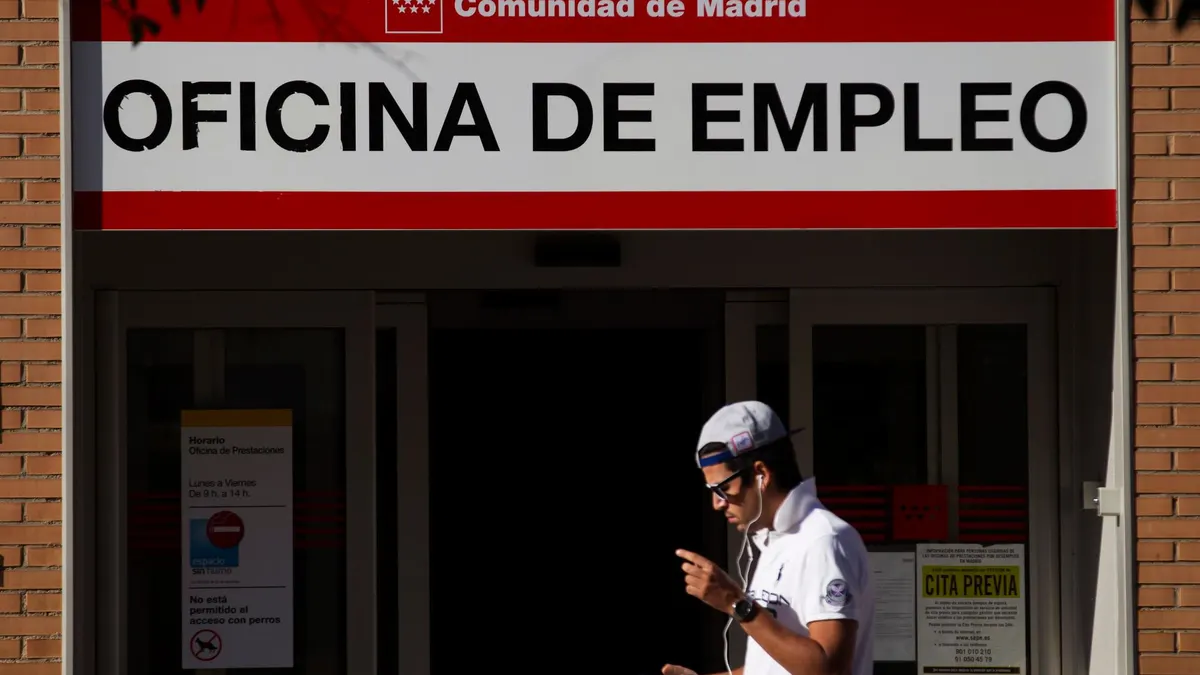There’s a common misconception about writing.
“A lot of people think of it as a highbrow occupation,” says Cati Porter, executive director for Inlandia Institute, which serves the Inland Empire with a bounty of writing workshops and literary events. But, she adds, reading and writing are essential skills, and we all do a lot more of it than we realize.
It’s also quite possible that there’s a story in your head that needs to exist on paper. You may have dreams of it being on the bestseller list — or publishing may not be your goal, but your family and friends might cherish your stories. You might even want to re-read yourself someday.
Yet as anyone who’s tried it knows, the act of writing down what’s on your mind isn’t as easy a task as it seems. That’s where writing groups can come in handy. You can connect with more experienced writers who understand what can be a frustrating, if not rewarding process. You also work alongside a group of people who can hold you accountable to meet goals, like “this week, I will write 2,000 words.”
Within a group of writers, you can find support that can help when you’re working on your own.
“Writing is such a solitary endeavor,” says mystery author Maddie Margarita. “So much is going out onto the page that, for me, I need to look for something that fills me back up. No matter how many times I hear different writers talk on the same topic, I always hear something that I can take and use on my writing to improve my writing.”
Margarita also is president of the Orange County chapter of Sisters in Crime and vice president of Southern California Writers Association. “I get a lot of satisfaction helping other writers, particularly newer writers or writers who may or may not have the confidence to publish,” she says.
If you think the bar for entry into a writing circle is that you must already be a published author or in an academic program, you’re wrong. Many organizations throughout Southern California offer programming for writers of all levels. These include creative literacy workshops for youth and adults, specialized sessions for writers looking to finish specific projects and talks led by noteworthy authors.
Depending on the organization, programs might be free or low cost. Below, we’ve highlighted five literary organizations with a range of events. If these groups don’t fit your needs, check with your local library, which may offer writing workshops as well, or with a local bookstore.
Beyond Baroque
Beyond Baroque began as an experimental literary magazine. Today, though, it is perhaps Los Angeles’ best-known hub for poets and writers. Exene Cervenka and John Doe of the now-iconic punk band X met there. Amanda Gorman, the United States’ first National Youth Poet Laureate, is an alumni of the Student Poets’ Program and now the namesake of Beyond Baroque’s Future Poetry Prize. Wanda Coleman, the late “unofficial poet laureate of Los Angeles,” took part in the Wednesday night poetry workshop, which celebrates its 55th anniversary this year.
And those are just a few of the many noted writers to come through the doors. For as star-studded as the history of Beyond Baroque is — the Venice venue has welcomed everyone from Allen Ginsberg to Patti Smith to Viggo Mortensen — it is remarkably accessible.
There are two weekly workshops. In addition to the famed Wednesday night poetry workshop, there’s one on Monday nights dedicated to fiction led by Raquel Baker. Facilitators for the Wednesday night workshop rotate every four months. Anyone can attend these sessions.
“You can be a seasoned, published poet or you could be very green and just learning about poetry,” says Jimmy Vega, associate director of Beyond Baroque. These “community-focused” sessions are also free.
Since the pandemic, that community has expanded geographically. Both weekly workshops are still held on Zoom. “When we were offering the workshop in ’21 and leading into ’22, we used to have folks from all over the country, really, attend,” says Vega. Not only that, he recalls seeing participants from France and the Philippines as well.
“I think keeping it online was something that we wanted to do because it allowed a wider net of folks to participate,” Vega says of keeping the workshops online even after the Venice location reopened. “We wanted to have that stability for some of the writers in those workshops to still participate online and also give them opportunities to come back to the Venice workshops to take part in master classes.”
Intensives typically take place on weekends, focus on specific subjects and range in price. Beyond Baroque has a calendar filled with special events, from book launches to performances to art exhibits in the Mike Kelly Gallery. They’re also home to a bookstore, which boasts the largest selection of poetry in the city.
Beyond Baroque, 681 N. Venice Blvd., Venice; 310-822-3006; info@beyondbaroque.org.
C.A.S.A. Zamora
Inside El Monte’s Zamora Park, a new hub for art, history and community is taking shape. C.A.S.A. (Culture, Archive, Solidarity, Action) Zamora is a project from the South El Monte Arts Posse and co-directed by historian Romeo Guzman and author Carribean Fragoza that highlights local history and literature while encouraging people to create.
The house itself is home to exhibit spaces, plus rooms where their resident artists and writers can work. There’s an archive that came together as Guzman and Fragoza were working on the book “East of East: The Making of Greater El Monte,” plus tools people can use to build their own archives. Additionally, C.A.S.A. Zamora has a lending library that spotlights a cross-genre selection of works by writers from El Monte. “It’s curated to highlight the knowledge and stories that we think are important to tell,” says librarian Pedro Mariano Gonzalez.
As for programming, workshops for youth and adults tap into writing in all its forms. The space opened in late 2023 with a youth filmmaking workshop. Theater and comics workshops are likely in the future. This April, Fragoza — the 2023 winner of the Whiting Literary Award and whose short story collection “Eat the Mouth That Feeds You” was a PEN Award finalist — will be leading a bilingual, all-ages writing workshop.
For events like writing workshops, they’re planning to have activities prepared for children of the participants. “Something that we’re very cognizant of is trying to create opportunities for parents, particularly mothers, to be able to do the workshops without having to worry about childcare or what their kids are going to do while they’re attending this workshop,” says Guzman.
In a twist on the usual workshop format, C.A.S.A. Zamora is planning soccer events where people can engage in talk about subjects beyond sports, including the arts. It’s a way of making the tools and support for storytelling accessible to everyone in the neighborhood.
“I think the project, at its core … comes from the fact that [Fragoza] is a fiction writer. I’m a historian,” says Guzman. “Our biggest engagement with this community has been writing a history of it.”
He adds that the C.A.S.A. approach of focusing on literature is “centering the stories of people, really centering a collective ownership to a place that’s not based on capitalism or property, that’s based on stories and attachment to place.”
C.A.S.A. Zamora, Zamora Park, 3820 Penn Mar Ave., El Monte; 3820pennmar@gmail.com; instagram.com/semartsposse
Inlandia Institute
“The Inland Empire has a lot of people who have an interesting story to tell and they just need a little guidance and that mutual support,” says Porter, executive director of the Inlandia Institute.
Back in 2006, the anthology “Inlandia: A Literary Journey Through California’s Inland Empire” sparked enough excitement to lead to the founding of Inlandia Institute the following year. Today, the organization boasts programming for writers of all ages, from Creative Literacy for Children to a variety of events for adults that includes workshops at senior centers.
“We want to nurture writers of all levels. It starts when you’re young, but it never ends,” says Porter. “Everybody has a story and we encourage everyone to write their story and think about who their audience might be, even if it’s just family.”
With workshops available for all levels of writers, you don’t need to be considering a career pivot to sign up for one of them. “Not everybody wants to write and become a published author,” says Porter. “Some people just want to write because it feels good to express ourselves. It helped a lot of people during the COVID years.”
For those who do want to publish their work, Inlandia has the annual Hillary Gravendyk Prize for poetry books and the Eliud Martínez Prize for books of fiction or creative nonfiction by Hispanic, Latino/a/x or Chicano/a/x writers. The organization also has an online literary journal and its own book publishing imprint.
“There really is a thriving literary community here and we have worked to develop that, to give people a home so that they don’t have to drive all the way to L.A. for an author talk,” says Porter. “There weren’t very many writing workshops before Inlandia came into existence in this area.”
The Inland Empire is also a physically large region, diverse in both geography and population. Inlandia also tries to address this diversity in their programming. Although headquartered in Riverside, Inlandia includes workshop leaders who are based in cities like Landers and Rancho Mirage. “Because of the nature of Zoom, we’re able to offer these workshops with these kinds of writers to anybody with an internet connection,” says Porter.
All this is to help bring forth the stories of the region. “We encourage people to share their stories because we can learn from each other, and that’s one of our main goals is to learn from each other,” says Porter.
If you want to get involved with Inlandia, follow them on your preferred social media channel or head over to their website for more information.
Inlandia Institute 951-790-2458; inlandia@inlandiainstitute.org
Sisters in Crime
Although it began as a group to uplift women crime writers, Sisters in Crime is open to all who love telling, or even just reading, mysteries and thrillers. Author Maddie Margarita joined the Orange County chapter of the national organization six years ago and now serves as president. The group meets on the fourth Sunday of the month at Book Carnival in Orange where they’ll hear from guest speakers on various subjects related to writing and publishing in the genre. Past guests include Naomi Hirahara, Wendall Thomas and Matt Coyle.
Mystery writer and President of the Orange County chapter of Sisters in Crime, Maddie Margarita, bottom, with club Vice President Sherry Clitheroe, and Treasurer Lance Charnes, in Laguna Woods on Saturday, Feb. 17, 2024. (Photo by Mindy Schauer, Orange County Register/SCNG)
“Coming to the meetings is aspirational as well as inspirational,” says Margarita. “I’ve seen readers who are interested in just loving mysteries and reading them be tempted and inspired to start writing and publish their own work. That’s rewarding.”
For those who have stories they would like to release into the world, Sisters in Crime is there to support writers as they submit to publishers. They are also able to provide resources for those looking to self-publish, whether writers need info on how to format their books or are learning how to build a brand.
More ‘Creatively Yours’
This story is part of a collection of stories printed Sunday, March 31, 2024.
‘Noteworthy’ salutes Southern California authors whose books made an impact in 2023
LA Public Library adds new role — it’s now a book publisher
Thriller author Christopher Reich takes murder to new heights in ‘Matterhorn’
These Southern California writers and artists found success and fulfillment after other careers
Read more ‘Creatively Yours’
More SCNG Premium content
For members, there are more resources available through the Sisters in Crime network online, including an archive of webinars, forums, online events and book clubs.
Before you join, Margarita suggests checking out a meeting or two. “Not every group is for every person,” she notes. Plus, she adds, the meetings at Book Carnival are free to attend.
Sisters in Crime Orange County, P.O. Box 2102 Newport Beach, CA 92659; sistersincrimeoc@gmail.com.
Southern California Writers Association
Southern California Writers Association is open to writers of all levels; its members tend to come from Los Angeles, Orange County and San Diego. They meet in person in Orange County, on the third Saturday of every month from 9:30 a.m. until 1:30 p.m.
“People talk about their books and challenges,” says Margarita, who serves as vice president of the Southern California chapter.
Meetings also include guest speakers from across genres of writing. Past guests have included horror and fantasy author Jonathan Mayberry, crime writer Rachel Howzell Hall and screenwriter/novelist Dete Meserve. Members of Southern California Writers Association also have access to online chat groups and workshops.





